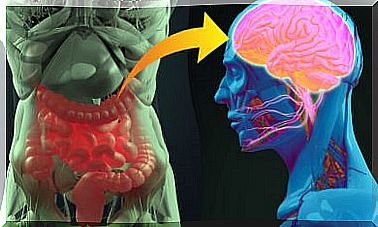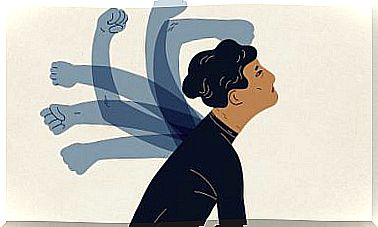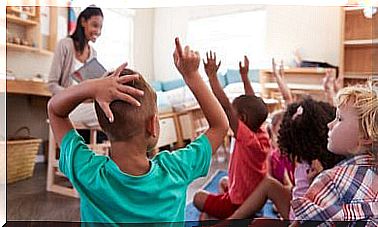17 Signs That May Indicate That Your Child Is Unhappy
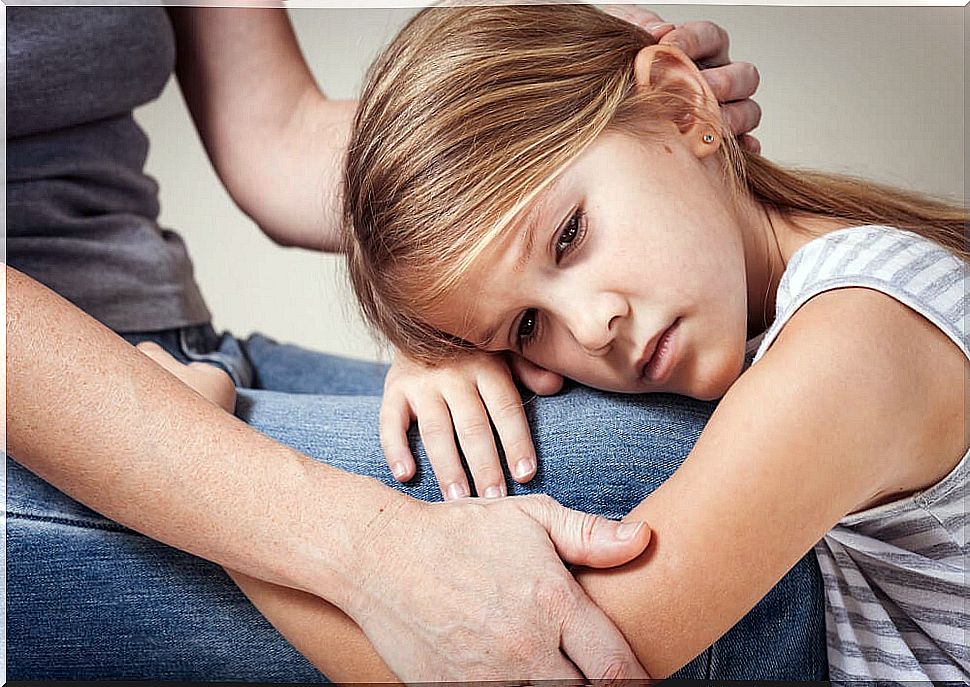
You come home and you see that your son does not come to greet you with open arms and a smile from ear to ear. Maybe he is a little sad, maybe he does not care that you have arrived, or it may be a sign that could indicate that your child is unhappy.
All parents dream of raising happy and fulfilling children. Now, do we all have the right tools to achieve this? Unfortunately, we do not always have the necessary knowledge and skills to do so.
Fortunately, today we have a lot of quality information and excellent therapists who can help us in this situation. Therefore, if you think that your child is unhappy, or has a problem and does not enjoy his childhood, it is possible that this content is of interest to you.
Analyze if your child is unhappy
How can we identify the unhappiness of a child? The first option is always observation. Therefore, it is pertinent to identify the signs that indicate that something is not going well with the little one.
What behaviors should attract our attention? In reality, they are common and are usually significant in almost all cases. The little one does not play, is very withdrawn, does not advance in the use of language and other abilities, has constant tantrums … We will soon learn more about them.
If you identify some of these situations, or others that may seem alarming, it may be time to consult a professional.
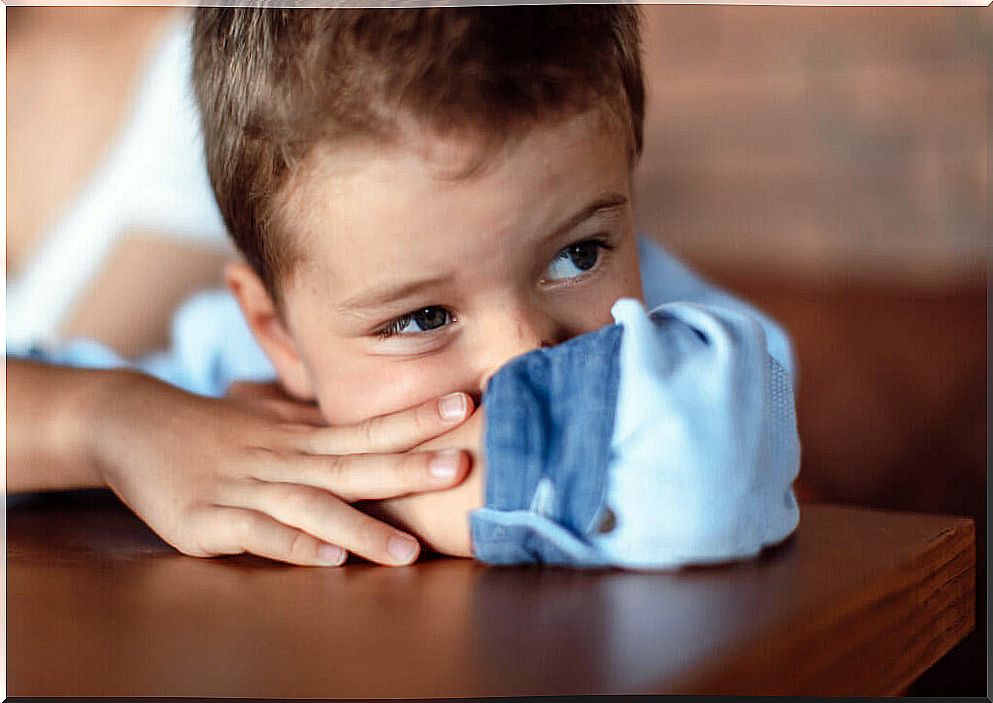
Signs of unhappy children
What signs will be worrisome? Let’s expand and analyze some indicators that are usually observed in children who are not enjoying life as expected.
Remember that inappropriate or worrying behavior may be the way your child communicates with you to inform you of how he is doing. Young children do not manage or understand their emotions adequately, hence they seek other ways to ask for help.
That said, to check if your child is unhappy, keep an eye out for the following manifestations.
- It is difficult for him to smile or he never does.
- Does not play with other children (in this aspect you have to be careful, because it is normal for children to play alone before the age of 4).
- Despite his good physical health, he is often irritable and seems frustrated.
- His behavior changes suddenly without a specific cause that justifies it.
- He is usually a reserved child who suddenly becomes aggressive. If this was not the case before, the signal is even more striking and must be taken into account.
- Mood swings show no logical, clear, or even apparent reason.
- Their emotions are very intense and their responses are explosive (you also have to be cautious in this regard, young children do not have the necessary tools to manage their emotional states).
- She is frequently ill, with common symptoms such as: general malaise, vomiting or stomach pain. In many cases, there is no clear justification for this situation.
- You don’t feel like eating.
- You have nightmares or night terrors.
- Presence of evolutionary delays. For example, he was already using the toilet, but he pees again on himself or during the night, or suffers uncontrolled leaks.
- They do not feel like going to school, or they may become aggressive or angry so as not to have to go.
- You don’t have friends, or you don’t want to socialize.
- If he plays at any time, he does so with violence or by being aggressive and quarrelsome.
- Anything bothers him and he complains about everything.
- It has a remarkable tendency to isolate itself.
- Has no interest in participating in family life.
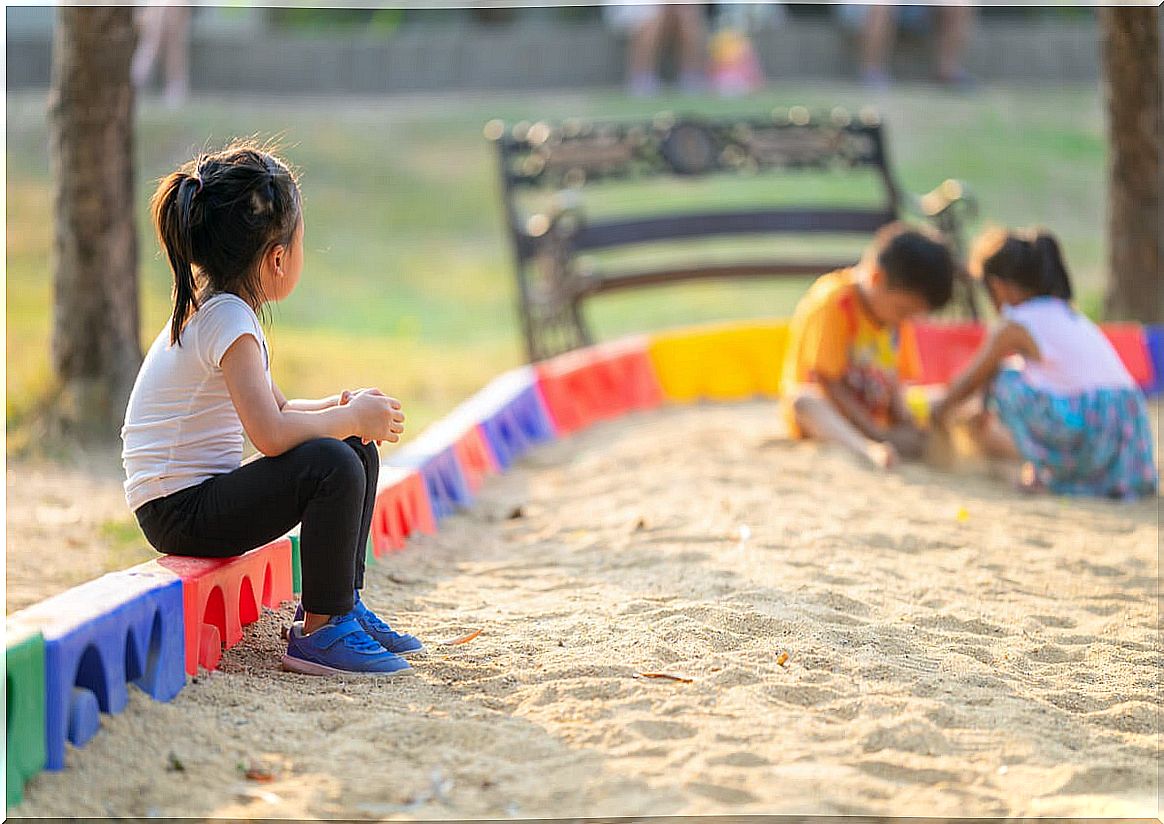
What can we do
We have seen signs that can attract our attention and that we should consider if they are observed in children. They could be a warning, since changes in behavior in children always mark changes in their development.
If these signs are continuous over time and we observe several of them, it will be better to contact a specialist to help us.
For your part, it will be important to work on communication with your child. The little one must feel understood, cared for, listened to and full. This gives you the confidence to explain if you have a problem.
Let us always remember the importance of an early action, since such a situation could trigger a picture of depression, especially in young people and adolescents.
For our part, we have to give our children as much love and support as we can. Not forgetting that limits are also important. In this way, with flexible and nuanced rules, we can offer children both understanding and emotional and physical security. Only in this way can we offer them a space where they feel free to express their feelings, without fear of being judged, punished or mocked.
